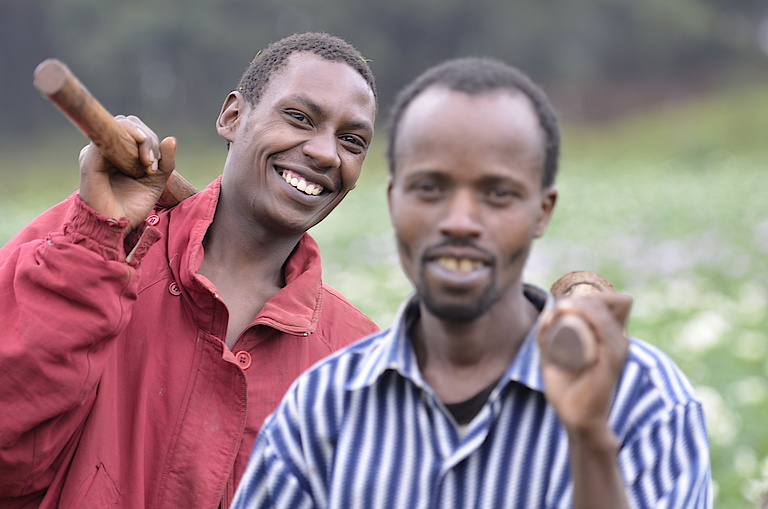The activities planned to support the development of ABS-compliant biodiversity-based value chains and the consideration of BioTrade principles could not be conducted in 2020 due to Corona restrictions.
Kenya adopted ABS Regulations under the Environmental Management and Co-ordination Act (1999) in 2006. The National Environment Management Authority (NEMA) is the National Competent Authority for the Nagoya Protocol and responsible for issuing ABS Permits and Internationally Recognised Certificates of Compliance (IRCC). Due to other legislation covering Research & Development with genetic resources, there is a complex landscape and related documents. The sequence starts with applying for a research permit at National Commission for Science Technology and Innovation (NACOSTI). After receiving that, PIC and MAT have to be requested from the provider, for example the Kenya Wildlife Service (KWS) for wildlife genetic resources or the Directorate for Veterinary Services (DVS) for farm animal genetic resources. KWS also issues a second research and an export permit. Based on these documents, the ABS permit at NEMA can be sought. Finally, (phyto)sanitary export permits have to be given by the Kenya Plant Health Inspectorate Service (KEPHIS) or the DVS.
The 2010 Constitution gives the newly founded counties a role in ABS with regard to access on their territories and receiving benefits. The Natural Resources (Benefit Sharing) Bill, 2018 – drafted to implement the respective provisions of the Constitution – was stalled by the National Assembly in 2020.
